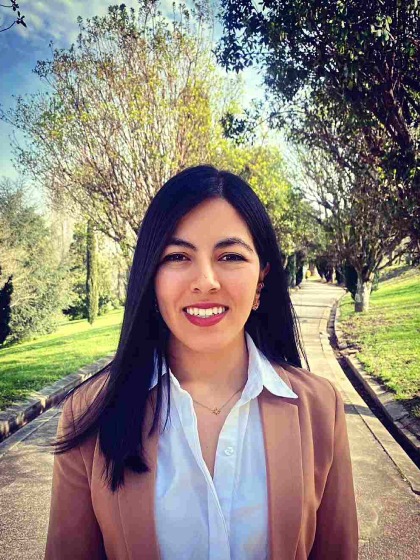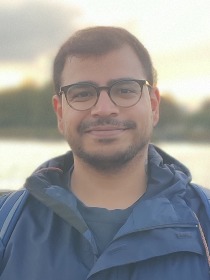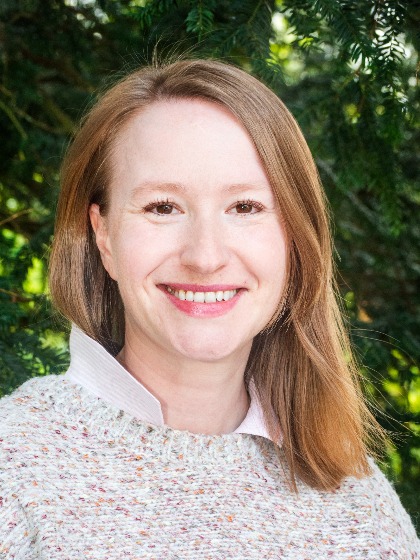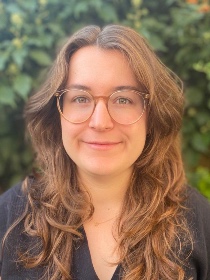Medewerkers
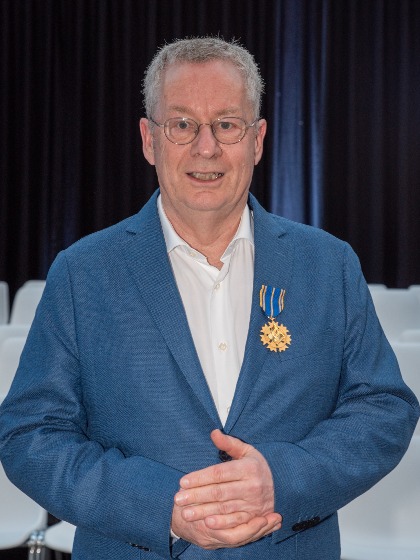
Functie
Bijzonder hoogleraar (Emeritus) Veiligheid en Collectief gedrag
Expertise
Otto Adang was per 1 april 2016 bij de Faculteit Gedrags- en Maatschappijwetenschappen benoemd tot bijzonder hoogleraar Veiligheid en collectief gedrag. Adang is sinds 2004 lector Openbare Orde & Gevaarbeheersing aan de Politieacademie. De leerstoel werd gefinancierd door de Politieacademie en liep tot 31 maart 2024. Veiligheid van burgers is een voortdurende zorg voor overheden, politie en vele andere instanties. De laatste jaren zijn Europese landen in toenemende mate het toneel van ernstige rellen en ongeregeldheden. Ook in Nederland bestaat het risico op grootschalige ordeverstoringen, die de maatschappij kunnen ontwrichten en veiligheid reduceren. Om dit soort collectief gedrag te kunnen voorkomen of er, indien nodig, adequaat op te reageren, is kennis nodig.De bijzondere leerstoel heeft tot doel om bij te dragen aan theorievorming, onderzoek, onderwijs en kennisverspreiding met betrekking tot mechanismen in collectief gedrag die bijdragen aan of afbreuk doen aan het bestaan en ontstaan van veilige situaties in de interactie tussen overheden en burgers, waarbij theorie en praktijk met elkaar verbonden worden. Adang heeft in de afgelopen jaren unieke kennis opgebouwd op het terrein van collectief gedrag in relatie tot veiligheid. De Politieacademie streeft er naar deze kennis verder te verdiepen en verbinden met wetenschappelijke inzichten en ziet in deze leerstoel uitstekende aanknopingspunten.Dr. Otto M.J. Adang (1956) is gedragswetenschapper. Hij is sinds 2004 lector Openbare Orde & Gevaarbeheersing aan de Politieacademie. Adang is geïnteresseerd in agressie, verzoening en collectief gedrag in relatie tot openbare orde handhaving. Hij geeft sinds 1998 leiding aan het door hem opgezette onderzoeksprogramma Geweld- en gevaarbeheersing in conflictsituaties, gericht op de interactie tussen politie en burgers. Adang was lid van de commissie Project X Haren.
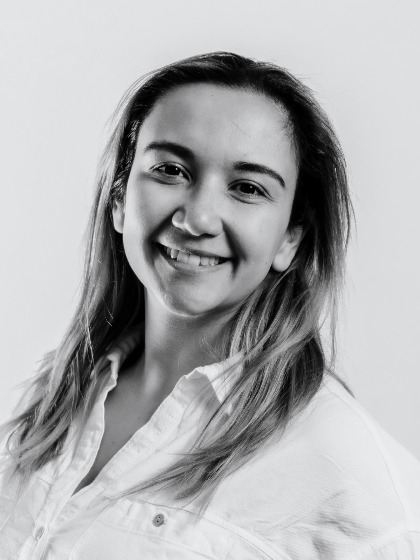
Expertise
I am a social and applied psychologist interested in social identity, intergroup relations, diversity, stigmatized groups, masculinity, and gender inequality. Currently, I am using qualitative and experimental methods to work on masculinities, inequality and trust, and identification.
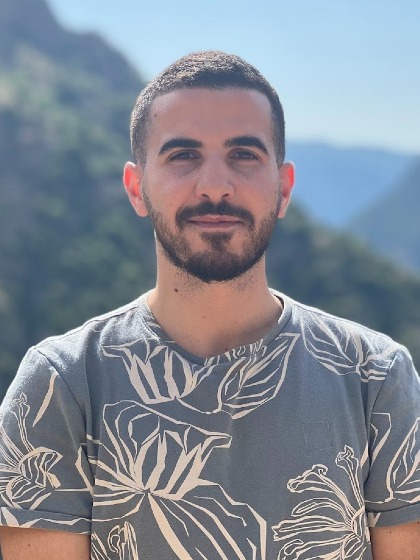
Functie
PhD Candidate
Expertise
I am a PhD candidate in social psychology, conducting interdisciplinary research with philosophy. My research focuses on how individuals make sense of inequality in their everyday lives, with particular attention to justice principles, especially meritocratic ideologies, and how these shape understandings of class-based inequalities (e.g., wealth and education), as well as inequalities linked to social identities such as ethnicity, gender, and nationality.I am trained in empirical quantitative research and also have experience with, and value, qualitative approaches. More broadly, I am committed to social science research that is socially relevant, grounded in context, and attentive to real-world phenomena, producing knowledge and analyses that help clarify and deepen our understanding of social reality.
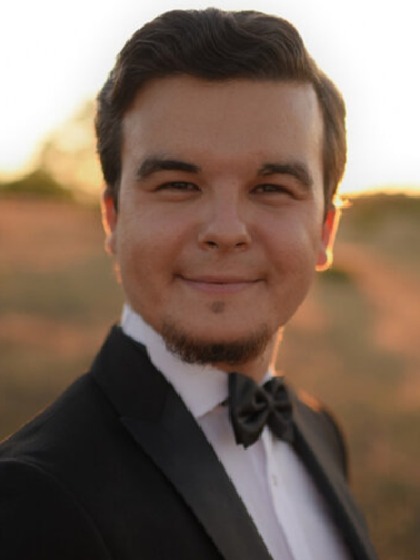
Expertise
My research lies at the intersection of social identity and motivated political reasoning, with a focus on politicisation, social change, and polarisation processes.
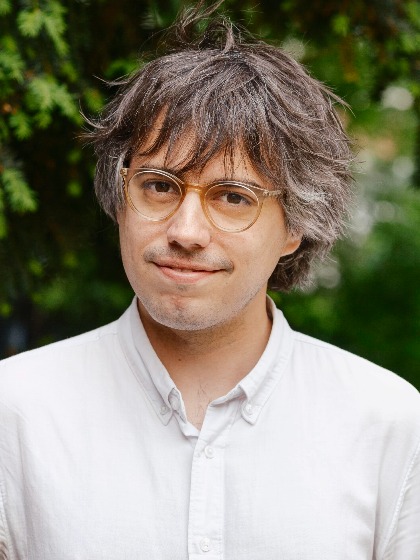
Functie
Promovendus @ Kennisplatform Leefbaar en Kansrijk Groningen
Expertise
Promovendus van het Kennisplatform Leefbaar en Kansrijk Groningen, dat kennis en onderzoek verzamelt en deelt dat relevant is voor sociaal-maatschappelijk beleid in het Groningse gaswinningsgebied. Het Kennisplatform stimuleert samenwerkingsverbanden om meer aandacht te creëren voor sociaal-maatschappelijke impact. Het brengt mensen en kennis samen en streeft naar een samenleving waar industrie, staat en maatschappij in harmonie zijn.
Mijn promotietraject gaat over verzoening en het herstel van relaties tussen de relevante actoren in het gaswinningsdossier, zoals burger, overheid, industrie en de wetenschap.
Mijn promotietraject gaat over verzoening en het herstel van relaties tussen de relevante actoren in het gaswinningsdossier, zoals burger, overheid, industrie en de wetenschap.
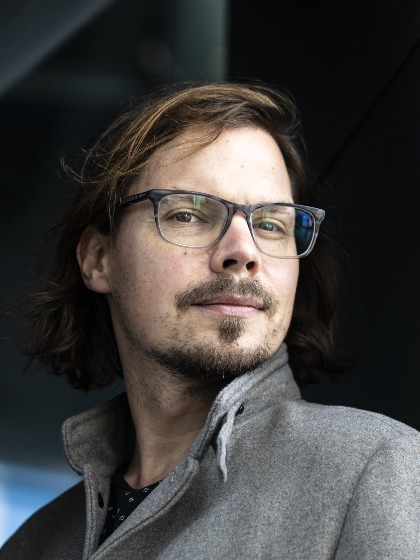
Functie
Bijzonder hoogleraar Crises, Veiligheid en Gezondheid / onderzoeksleider Gronings Perspectief
Expertise
Rampen, Crisisbeheersing, Kwetsbaarheidsanalyse; Publieke veiligheid, Publieke gezondheid

Functie
PhD student
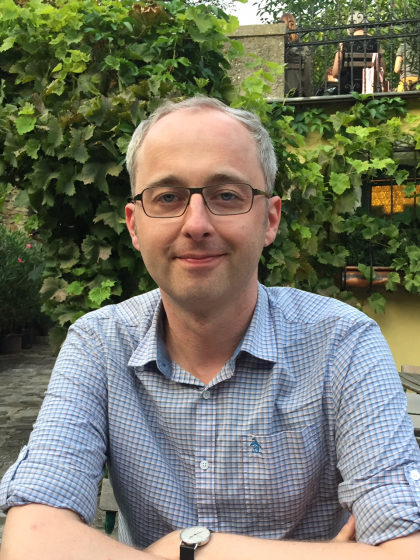
Functie
Associate professor (with ius promovendi)
Expertise
Counterfactual thoughts; regret; nostalgia; counterfacual emotions; social judgment
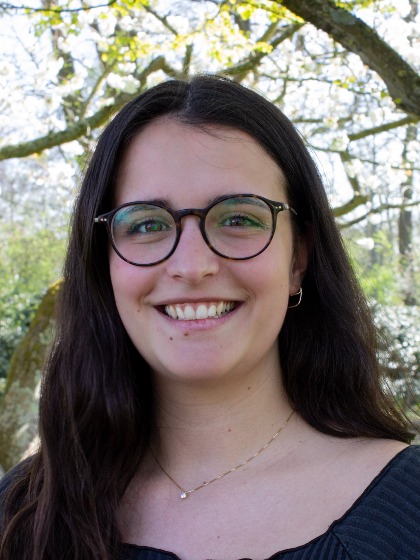
Functie
PhD Student

Functie
PhD student

Functie
Universitair docent
Expertise
Sociale psychologie, Online (groeps)gedrag, Collectieve actie, Humor, Conflict (de-)escalatie, Kwantitatief en kwalitatief onderzoek.
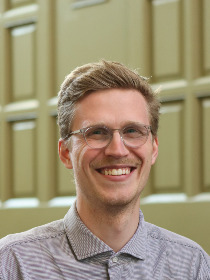
Functie
PhD candidate in Social and Organizational Psychology
Expertise
emotieregulatie, negatieve feedback
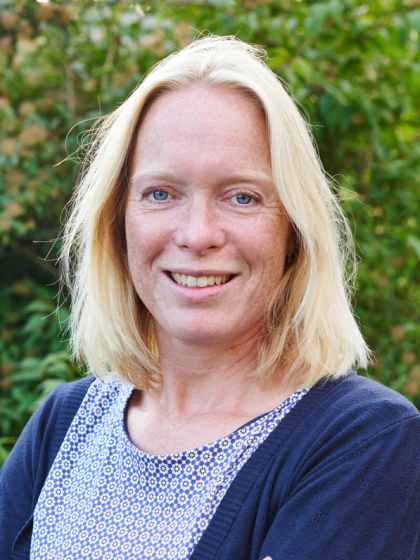
Functie
Professor (adjunct)
Expertise
Sociale en culturele veranderingen door modernisering in het globale zuiden, empowerment van vrouwen, migratie en integratie van vluchtelingen, microfinancering, sociale impact evaluatie

Functie
PhD student

Functie
Postdoctoraal onderzoeker
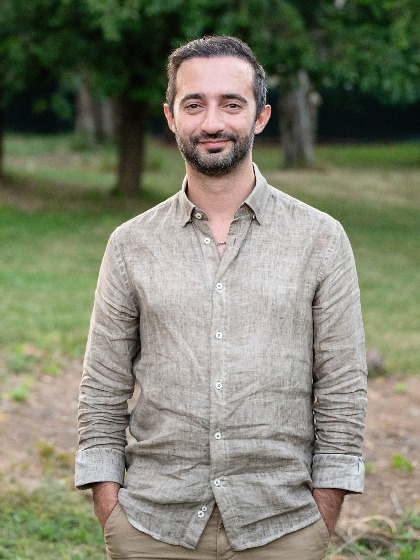
Functie
Assistent Professor
Expertise
I am a social psychologist interested in investigating how disadvantaged groups navigate their identities through privileged systems. How do they deal with their lower status? How does society perceive them? When do advantaged groups support their action to improve their status? To seek answers for these questions, I use diverse methods often combining correlatinal exploratory studies with follow-up experiments as well as qualitative research to develop an indepth understanding of the psychological phenomenon. I have 5 main lines of research:
1. Multiple Conflicting Identities: We all have multiple social identities, but what happens when some of them are in conflict with each other ? By drawing parallels between bicultural identity integration framework and social identity theory, we examine the nature of identity conflict and ways to increase integration between multiple conflicting identities.
2. Experiences of Disadvantaged Groups: What happens to disadvantaged group members when they are discriminated? Do they stick with their group? Do they try to improve their status by leaving their group? How are they affected by societal issues? Focusing on social change and well-being outcomes , we investigate these questions.
3. Majority's Perceptions of Disadvantaged Groups: Intergroup conflict is prevelant in our lives. The society always seems divived and polarised. How does the majority perceive the minoritized groups? What motivates discrimination? How can we improve intergroup relations? We investigate these questions from the perspective of the majority, yet with an emphasis on improving the status of the disadvanted groups.
4. Responding to Privilege: When people belong to advantaged groups, they struggle to acknowledge their privilege that comes with their group belonging. People, therefore, have different ways to react to their own privilege: Deny, Distance, Dismantle or 3-D was conceptualised by Knowles and colleagues, and recently Defend was added to this conceptualisation by Shuman et al. We investigate when people use which strategy, and how privilege acknowledgement can relate to allyship.
5. New Masculinities: There is a higher recognition that masculinity is not singular, but there are multiple constructions of masculinities. More and more men create and endorse progressive masculinities against traditional perspectives. But what happens next? Do new masculinities threaten manhood? How does society perceive the new progressive men? Can traditional and new masculinities co-exist? Using mixed methods research, we explore these questions.
1. Multiple Conflicting Identities: We all have multiple social identities, but what happens when some of them are in conflict with each other ? By drawing parallels between bicultural identity integration framework and social identity theory, we examine the nature of identity conflict and ways to increase integration between multiple conflicting identities.
2. Experiences of Disadvantaged Groups: What happens to disadvantaged group members when they are discriminated? Do they stick with their group? Do they try to improve their status by leaving their group? How are they affected by societal issues? Focusing on social change and well-being outcomes , we investigate these questions.
3. Majority's Perceptions of Disadvantaged Groups: Intergroup conflict is prevelant in our lives. The society always seems divived and polarised. How does the majority perceive the minoritized groups? What motivates discrimination? How can we improve intergroup relations? We investigate these questions from the perspective of the majority, yet with an emphasis on improving the status of the disadvanted groups.
4. Responding to Privilege: When people belong to advantaged groups, they struggle to acknowledge their privilege that comes with their group belonging. People, therefore, have different ways to react to their own privilege: Deny, Distance, Dismantle or 3-D was conceptualised by Knowles and colleagues, and recently Defend was added to this conceptualisation by Shuman et al. We investigate when people use which strategy, and how privilege acknowledgement can relate to allyship.
5. New Masculinities: There is a higher recognition that masculinity is not singular, but there are multiple constructions of masculinities. More and more men create and endorse progressive masculinities against traditional perspectives. But what happens next? Do new masculinities threaten manhood? How does society perceive the new progressive men? Can traditional and new masculinities co-exist? Using mixed methods research, we explore these questions.
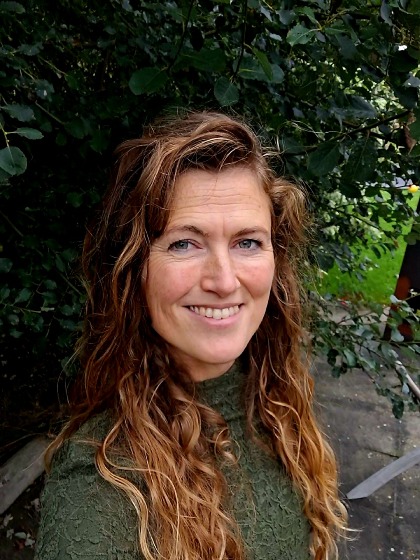
Functie
Universitair Hoofddocent Psychologie
Expertise
Groepsprocessen en communicatie. Polarisatie, sociale verandering, micro-dynamiek van gesprekken.
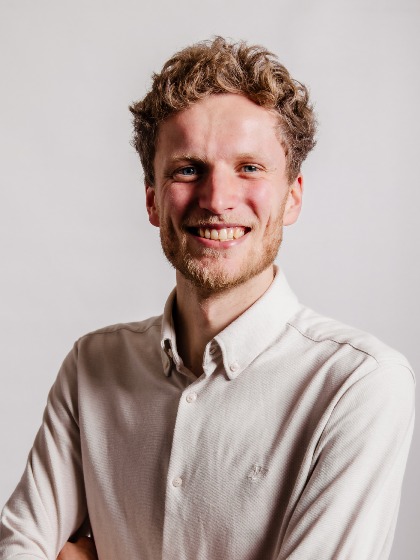
Functie
PhD kandidaat
Expertise
Wanneer en hoe plannen mensen protestacties door met elkaar te praten over onrecht?
Hoewel de motivaties die mensen ertoe zetten om te protesteren uitgebreid onderzocht zijn, combineert tot nu toe nog geen onderzoek alle ingrediënten die nodig zijn voor het ontstaan van protesten in één onderzoeksdesign. Tussen 2022 en 2026 ontwikkel ik een nieuwe onderzoeksmethode, het Collective Action Simulation Paradigm (CASP). Ik gebruik deze methode om nieuwe onderzoeksvragen te beantwoorden over hoe mensen protestacties organiseren, en wat voor sociale interacties tussen gelijkgestemden dit proces bevorderen.
Hoewel de motivaties die mensen ertoe zetten om te protesteren uitgebreid onderzocht zijn, combineert tot nu toe nog geen onderzoek alle ingrediënten die nodig zijn voor het ontstaan van protesten in één onderzoeksdesign. Tussen 2022 en 2026 ontwikkel ik een nieuwe onderzoeksmethode, het Collective Action Simulation Paradigm (CASP). Ik gebruik deze methode om nieuwe onderzoeksvragen te beantwoorden over hoe mensen protestacties organiseren, en wat voor sociale interacties tussen gelijkgestemden dit proces bevorderen.
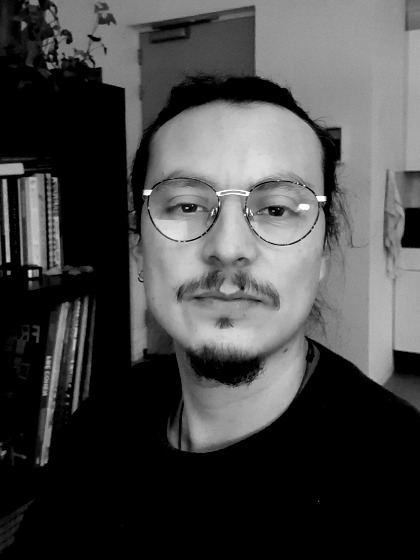
Functie
Assistant Professor
Expertise
My broad interest is to better understand how people respond to transgressions in the social and political domains from their value, belief, and emotion systems. I incorporate in my work different insights and methods from emotion science, social, and political psychology. My research lies within three main lines: 1. The nature and development of hate feelings, 2. The attributions of human and psychological traits towards transgressors and targets of negative emotions, and 3. The interactive effects of political culture and personal values in moral and justice reasoning.
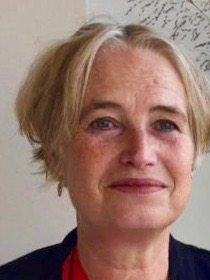
Functie
PhD student

Functie
PhD student

Functie
PhD student
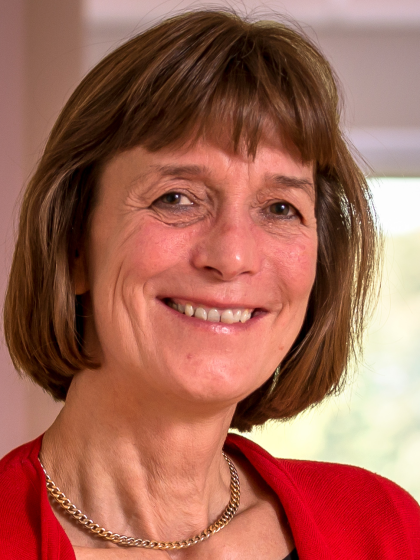
Functie
Hoogleraar Intergroepsrelaties en Sociale Integratie; facultaire representant voor Diversiteit en Inclusie (D&I officer)
Expertise
diversiteit, sociale integratie, intergroepsrelaties, sociale identiteit

Functie
Phd
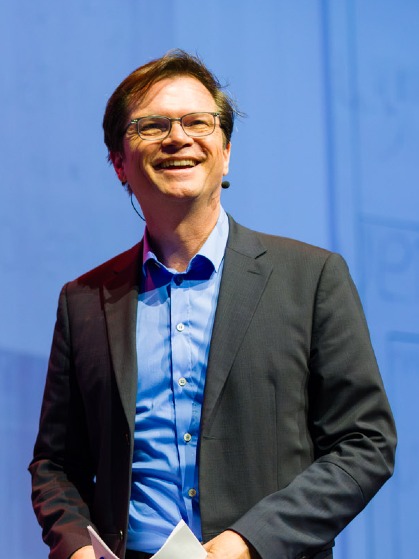
Functie
Hoogleraar Sociale Psychologie
Expertise
Tom Postmes onderzoekt menselijk gedrag in virtuele groepen en gemeenschappen, in grote mensenmassa's, maar ook in organisaties en "gewone" teams. Daarin staat niet alleen het individu centraal: kernvraag in zijn werk is hoe uit gedrag van individuen een collectief groeit.
Hij is wetenschappelijk directeur van het Kennisplatform Leefbaar en Kansrijk Groningen, dat kennis bij elkaar brengt over de maatschappelijke impact van de bodembeweging en de transities die dit noodzaakt: van onveilig naar veilig, van gas naar groen, van rampgebied naar een leefbare omgeving. Het kennisplatform ijvert ervoor dat de beste kennis samen komt, goed bekend is en in de praktijk wordt toegepast.
Wilt u weer weten over grootschalig protest? Ons rapport, in opdracht van het ministerie van Binnenlandse Zaken en Koninkrijksrelaties (2013), kunt u hier downloaden. Wilt u meer weten over collectief ongenoegen en ordeverstoringen? Ons rapport in opdracht van het ministerie van veiligheid en Justitie kunt u hier downloaden. Wilt u meer weten over de rol van sociale media in collectieve actie rondom de gasboringen in Groningen? Ons rapport in opdracht van het ministerie van Justitie en Veiligheid kunt u hier downloaden. Wilt u meer weten over het ongenoegen rondom migratie? Ons rapport over draagvlak, in opdracht van wederom het ministerie van Justitie en Veiligheid, kunt u hier downloaden. Tenslotte deden we onderzoek naar rellerigheid én gastvrijheid jegens migranten en AZC's, in relatie tot ongenoegens over migratie en de samenleving als geheel. Het rapport kunt u hier downloaden.
Sinds 2014 doet hij samen met Katherine Stroebe onderzoek naar de maatschappelijke reacties op aardbevingen, in opdracht van de Nationaal Coördinator Groningen. U vindt een overzicht van onderzoeksresultaten op www.groningsperspectief.nl.
Hij is wetenschappelijk directeur van het Kennisplatform Leefbaar en Kansrijk Groningen, dat kennis bij elkaar brengt over de maatschappelijke impact van de bodembeweging en de transities die dit noodzaakt: van onveilig naar veilig, van gas naar groen, van rampgebied naar een leefbare omgeving. Het kennisplatform ijvert ervoor dat de beste kennis samen komt, goed bekend is en in de praktijk wordt toegepast.
Wilt u weer weten over grootschalig protest? Ons rapport, in opdracht van het ministerie van Binnenlandse Zaken en Koninkrijksrelaties (2013), kunt u hier downloaden. Wilt u meer weten over collectief ongenoegen en ordeverstoringen? Ons rapport in opdracht van het ministerie van veiligheid en Justitie kunt u hier downloaden. Wilt u meer weten over de rol van sociale media in collectieve actie rondom de gasboringen in Groningen? Ons rapport in opdracht van het ministerie van Justitie en Veiligheid kunt u hier downloaden. Wilt u meer weten over het ongenoegen rondom migratie? Ons rapport over draagvlak, in opdracht van wederom het ministerie van Justitie en Veiligheid, kunt u hier downloaden. Tenslotte deden we onderzoek naar rellerigheid én gastvrijheid jegens migranten en AZC's, in relatie tot ongenoegens over migratie en de samenleving als geheel. Het rapport kunt u hier downloaden.
Sinds 2014 doet hij samen met Katherine Stroebe onderzoek naar de maatschappelijke reacties op aardbevingen, in opdracht van de Nationaal Coördinator Groningen. U vindt een overzicht van onderzoeksresultaten op www.groningsperspectief.nl.

Functie
PhD student
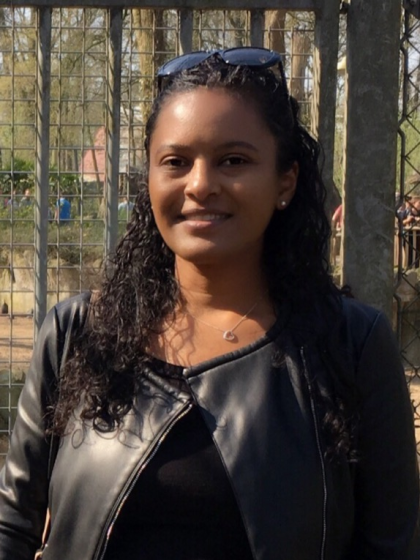
Functie
PhD student

Functie
PhD student
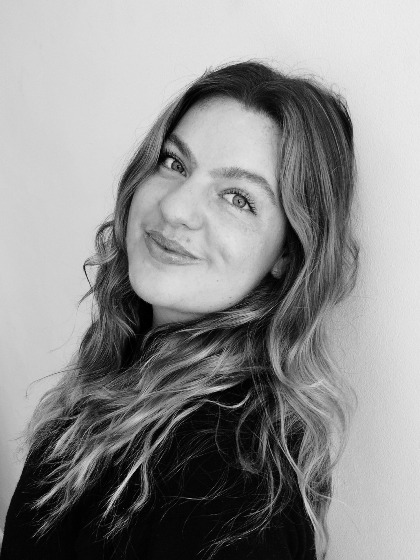
Functie
PhD student

Functie
PhD student
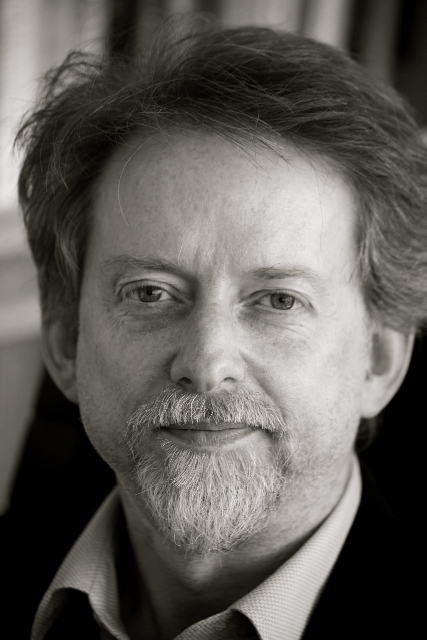
Functie
Hoogleraar

Functie
PhD student

Functie
PhD student

Functie
Gasthoogleraar

Functie
PhD student
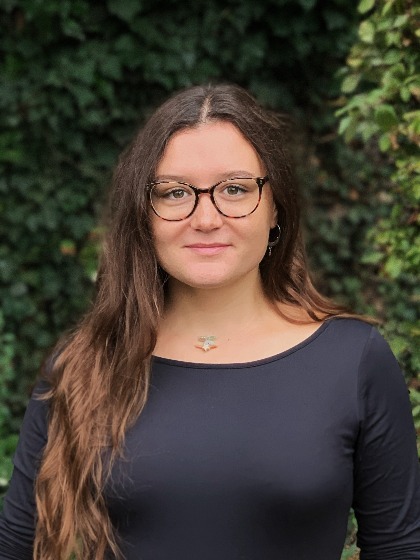
Functie
PhD student
Expertise
Promovendus van het Kennisplatform Leefbaar en Kansrijk Groningen, dat kennis en onderzoek verzamelt en deelt dat relevant is voor sociaal-maatschappelijk beleid in het Groningse gaswinningsgebied. Het Kennisplatform stimuleert samenwerkingsverbanden om meer aandacht te creëren voor sociaal-maatschappelijke impact. Het brengt mensen en kennis samen en streeft naar een samenleving waar industrie, staat en maatschappij in harmonie zijn. Mijn project richt zich op hoe wetenschappelijke inhoud en communicatie kan bijdragen aan herstel van vertrouwen tussen mens, overheid en bedrijfsleven.
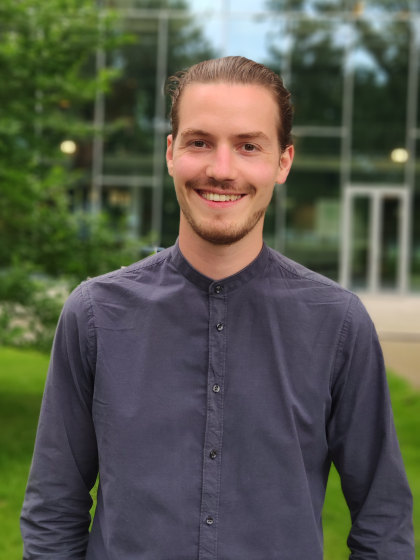
Functie
Kwantitatief onderzoeker bij Gronings Perspectief
Expertise
Economie, Psychologie, Leiderschap, Crises

Functie
PhD student
Expertise
collective emotions; regret; intergroup relationship
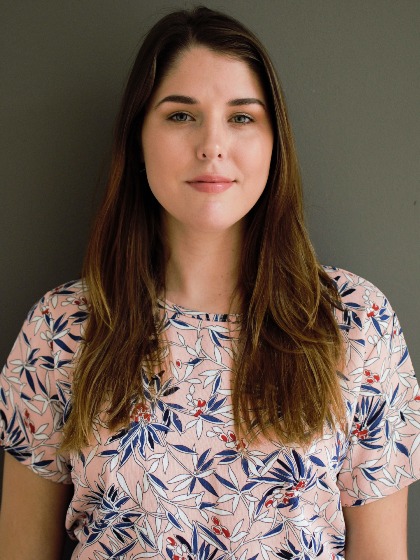
Functie
PhD Candidate
Expertise
Social Psychology

Functie
Promotiestudent
Expertise
Onderzoeksinteresses: Mijn voornaamste onderzoeksgebieden omvatten interculturele depressiepreventie, zelfkritiek, zelfcompassie en de wisselwerking tussen culturele factoren zoals collectivisme versus individualisme, onafhankelijkheid versus onderlinge afhankelijkheid. Mijn focus strekt zich ook uit tot het onderzoeken van zelfconstructies en de rol van een innerlijk kompas in onzekere situaties binnen de context van culturele aanpassing.
Doelpopulatie: Ik ben vooral geïnteresseerd in het begrijpen van deze dynamiek onder internationale studenten in Nederland.
Onderzoeksmethodologieën: ik gebruik een reeks onderzoeksmethoden, waaronder kwantitatieve, kwalitatieve en experimentele benaderingen om deze onderwerpen uitgebreid te onderzoeken.
Doelpopulatie: Ik ben vooral geïnteresseerd in het begrijpen van deze dynamiek onder internationale studenten in Nederland.
Onderzoeksmethodologieën: ik gebruik een reeks onderzoeksmethoden, waaronder kwantitatieve, kwalitatieve en experimentele benaderingen om deze onderwerpen uitgebreid te onderzoeken.

Functie
Hoogleraar
Expertise
Politieke en Culturele Psychologie van Sociale Relaties
Laatst gewijzigd:20 juni 2024 08:12
View this page in: English



